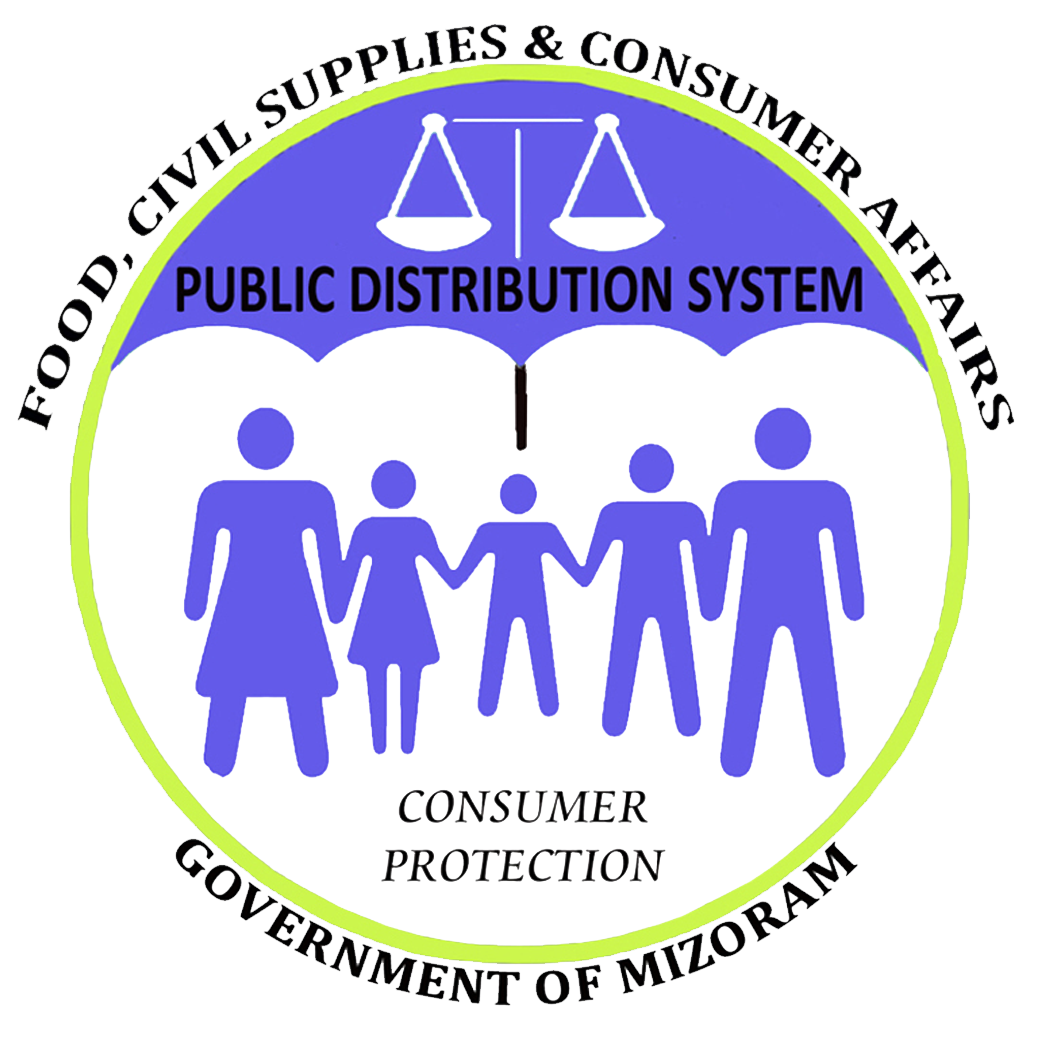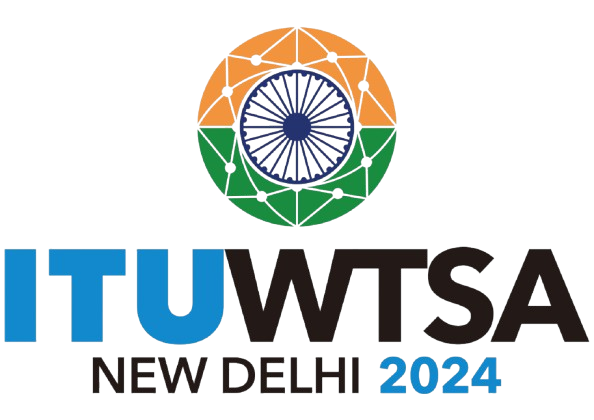Targeted Public Distribution System (TPDS)
Public Distribution System
PDS means distribution of essential commodities to a large number of people through a network of FPS on a recurring basis. The commodities are as follows :-
· Wheat
· Rice
· Sugar
· Kerosene
PDS evolved as a major instrument of the Government’s economic policy for ensuring availability of foodgrains to the public at affordable prices as well as for enhancing the food security for the poor. It is an important constituent of the strategy for poverty eradication and is intended to serve as a safety net for the poor whose number is more than 330 million and are nutritionally at risk. PDS with a network of about 4.99 lakh Fair Price Shops (FPS) is perhaps the largest distribution network of its type in the world.
PDS is operated under the joint responsibility of the Central and the State Governments. The Central Government has taken the responsibility for procurement, storage, transportation and bulk allocation of foodgrains, etc. The responsibility for distributing the same to the consumers through the network of Fair Price Shops (FPSs) rests with the State Governments. The operational responsibilities including allocation within the State, identification of families below poverty line, issue of ration cards, supervision and monitoring the functioning of FPSs rest with the State Governments.


















